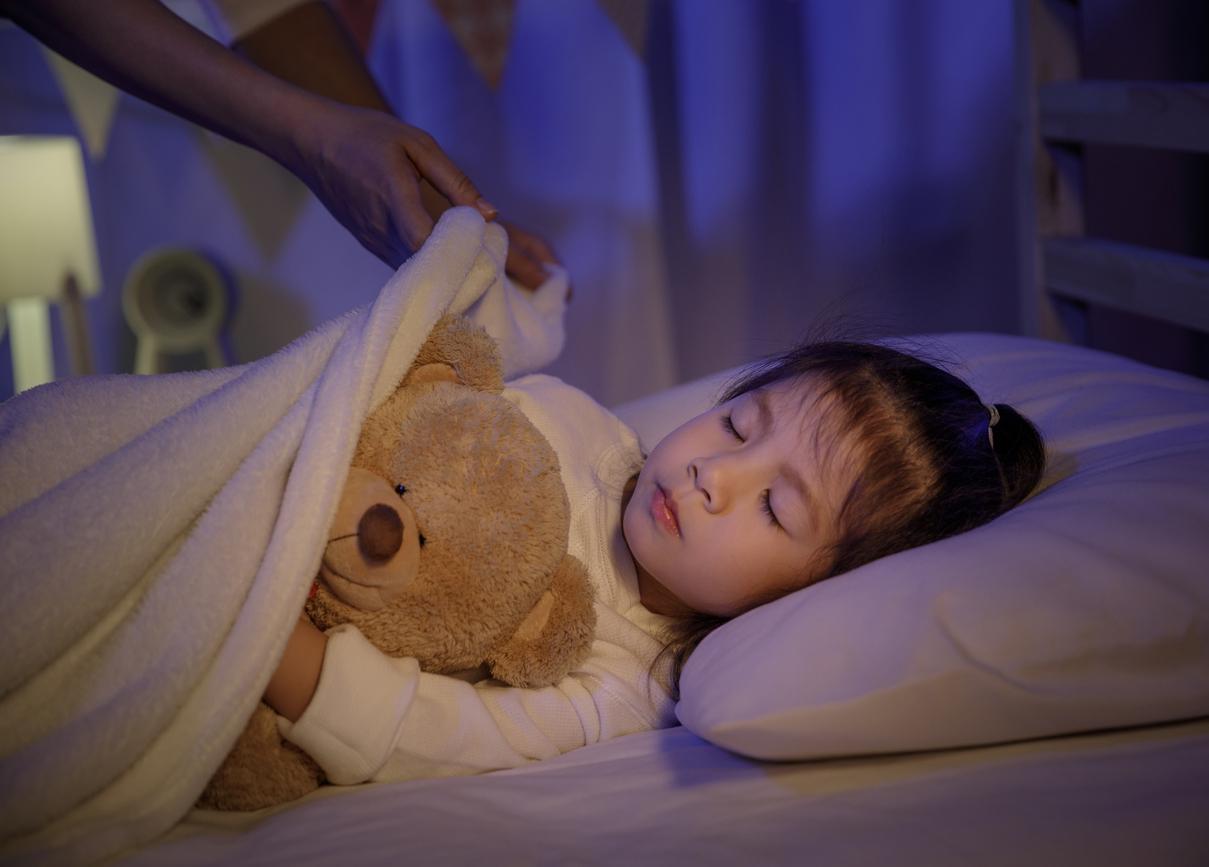Scientists have determined the age of sleep. They believe that it can assess long-term health and predict mortality risk.

- Every human spends about a third of their life sleeping.
- 5 to 10 years before other symptoms appear in some patients with Parkinson’s disease, they have trouble sleeping.
What is our real age? Is it really the one indicated on our identity card? Not necessarily according to researchers, who believe that the age of sleep would be more reliable from a health point of view. Their work has just been published in the journal Digital Medicine.
Breathing and heart rate
According to scientists, the age of sleep could better predict a person’s mortality and long-term health. To arrive at this result, they analyzed data from 12,000 studies that each focused on one participant. For all of them, the scientists had very precise data such as chin and leg movements, breathing and heart rate during the night. Indeed, when a person sleeps, his last two elements change and this can give indications on the health and the risk of mortality.
They then developed a machine learning program to determine a person’s sleep age, compared to the average sleep age they had previously defined. Using this tool, the researchers found that people with older sleeping ages had an increased risk of mortality.
Fragmentation
But the main discovery of the researchers is that sleep fragmentation, that is to say when a person wakes up for one minute several times during the night without remembering it, is the most reliable data to assess mortality. However, if this link has been observed, scientists do not yet know the reason. In the future, they want to continue their research to resolve this unknown.
But the age of sleep, even if it is more advanced than your real age, is not an immutable datum. To improve it, researchers recommend going to bed and getting up at regular times. It is therefore necessary to determine the sleep time you need to fix them. Thus, you will not sleep too much but you will be sufficiently rested.
Predict or even avoid certain diseases
Other tips: put yourself in the light outside during the day and sleep in the dark and practice regular physical activity but not too late, so that it does not disturb sleep and the quality of sleep. On the food side, the ideal for sleeping well is not to eat too much in the evening and not to drink alcohol or coffee.
Eventually, the scientists hope to succeed in developing a tool capable of predicting the risk of each person’s mortality according to their sleep age… And thus can predict – or even avoid – certain causes of death, such as heart attacks, or the future development of neurodegenerative diseases such as Alzheimer’s.
















